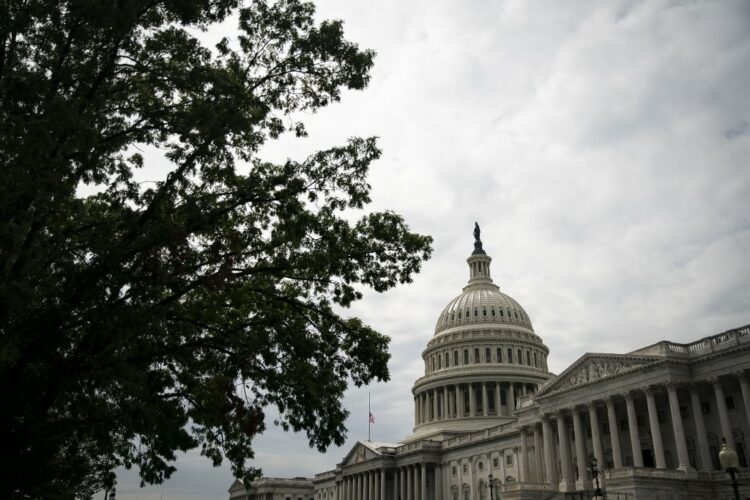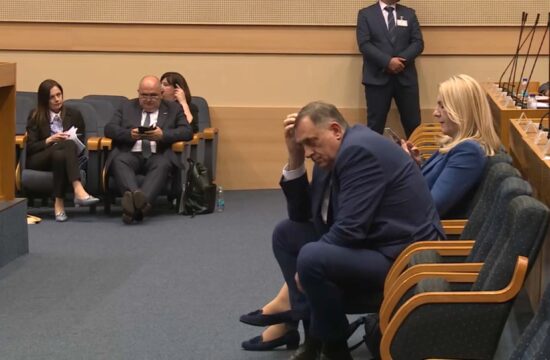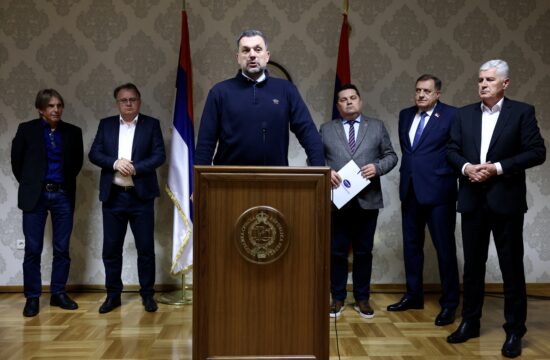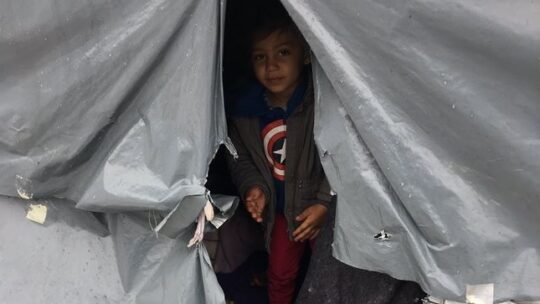
US Senators Rob Portman and Sherod Brown, as well as Representative Mike Turner, introduced in Congress last week a bipartisan Resolution to recognise the 25 anniversary of the Dayton Peace Accords, which condemns the human rights abuses that took place in Bosnia during the 1992-1995 war.
The Resolution, introduced in the US Senate and House of Representatives, mentions that “ethnic cleansing and concentration camps were used as a tool of war against Bosnian Muslim men, women, and children, culminating in the July 1995 genocide at Srebrenica, where 8,000 Muslim men and teenagers were detained and killed.”
It “condemns human rights abuses that took place during the conflict in Bosnia and Herzegovina, and reconfirms the joint United States and EU commitment to promote and protect human rights, democracy, and the rule of law worldwide” and “commends the commitment of the Government and people of Bosnia and Herzegovina to peace and cooperation 25 years after the Dayton Peace Accords.”
It also encourages Bosnia’s Government to continue pursuing NATO and EU membership, as well as its “progress towards solving its constitutional issues and improving its economic policy as it advances towards NATO and EU memberships.”
The resolution stresses the importance of the Dayton Peace Accords as the basis for constitutional reform in Bosnia and the promotion of “political, economic, legal, and religious equality through the goals and values laid out by the EU.”
It urges the Bosnian Government to pursue constitutional reforms “needed to reconcile the past to seek empathy and respect as foundations to build a common future.”
It also urges the United States Government to “work closely with the governments of the countries that border Bosnia and Herzegovina—especially those who are signatories of the Dayton Peace Accords—to support full implementation of the Stabilization and Association Agreement between the EU and the Balkan States, which requires regional cooperation.”




